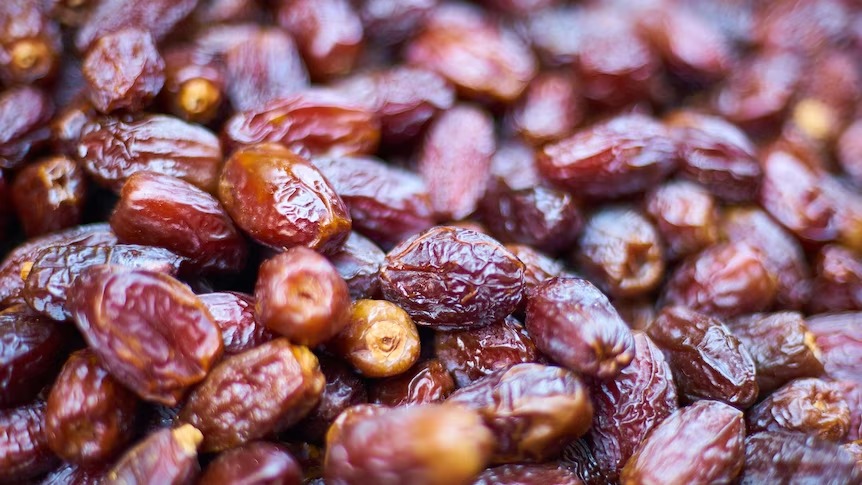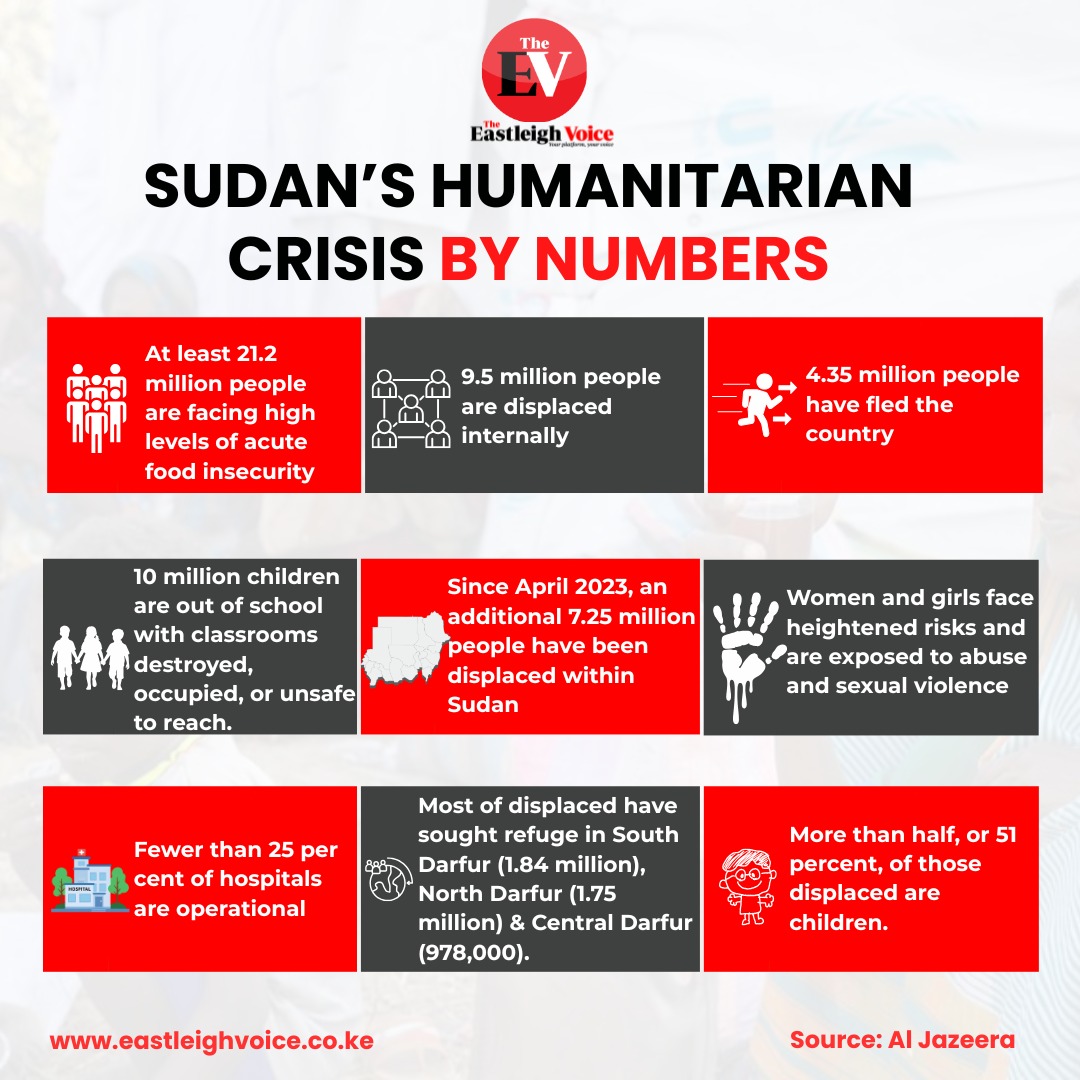No taxes on dates imported for Ramadhan, state announces

Muslims will be exempted from paying taxes on dates imported for the holy month of Ramadhan, the State announced on Tuesday.
Treasury Cabinet Secretary Njuguna Ndung'u said the government had approved the duty-free importation of dates, the goal being "to provide support to the Muslim community".
More To Read
- Ruto declares food security key to Kenya’s sovereignty
- KRA waives Sh165 billion in penalties as over three million Kenyans benefit from tax amnesty
- KRA surpasses Sh2 trillion in revenue collection as growth hits 6.1 per cent
- Kenya lost over Sh500 billion to tax waivers and corruption- report
- KRA rolls out new eRITS system to simplify rental income tax compliance for landlords
- Bill proposes new tax regulations for freelancers, gig workers
"The government has authorised that the dates imported and cleared during this year's Ramadhan period be without payment of taxes, import declaration fees, or railway development levies,” the CS said in an internal memo seen by The Eastleigh Voice.
The taxman, the Kenya Revenue Authority, acknowledged the decision.
With March 10 - April 4 being the tentative Ramadhan period, dates imported and cleared between March 1 and April 20, 2024, will be considered for the tax exemption.
As Ramadhan approaches, Muslims around the world are preparing to fast from dawn to sunset, abstaining from food and drink and therefore in need of the dates which are used to break the fast.
The tradition of eating dates during Ramadhan dates back to Prophet Muhammad who would break his fast by eating three of them and drinking water.
Besides their spiritual significance, dates are a nutritious fruit that provides a quick energy boost and replenishes nutrients lost during the day. Rich in natural sugars, fibre, and essential vitamins, they are an excellent source of sustenance after a long day of fasting.
In addition, dates have been known to have health benefits such as improving digestion, reducing blood pressure, and supporting heart health, which makes them an ideal choice for breaking the fast, as they are easy to digest.
In Islam, dates are considered a blessed fruit, and eating them during Ramadan is believed to bring blessings and rewards as it connects the people with their faith and the prophetic tradition, while nourishing their bodies during the holy month.
Top Stories Today











































